Phenomena
Sunday 16 June 2013, 7:00pm
Bloc Projects
71 Eyre Lane
Sheffield S1 4RB
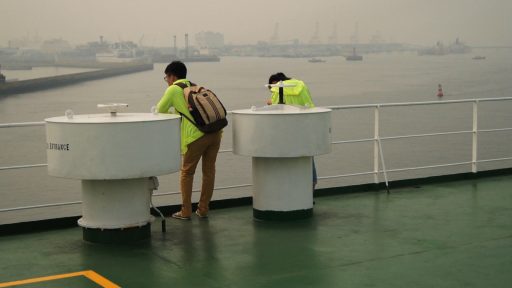
Documentary trades in evidence. Film trades in mediation. In Phenomena a playful dialogue is created between things and the way that we see them. BS Johnson’s The Unfortunates and Yelena Popova’s Particulate Matter consider the past as a departure for reflection on what could be, bringing personal histories to bear on wider social concerns. Peter Kubelka’s Unsere Afrikareise and Huw Andrews The New Golden Bridge V (One Way) play formally with the documentation of place, with a particular emphasis on how location sound recording can be used asynchronously to the image. Two further films that explore how we re-present people and places are Emily Wilczek’s Walk (in progress) and Ian Nesbitt’s Field Trip, both interested in de-centralising the gaze and providing film with a multiple-point perspective. Authorial control shifts in these films as it does in Alia Pathan’s ADR, where an ambiguity lingers over the authority of the participants: artist, cast and audio descriptor. In Katy Woods’ Anthony and Patrick Keiller’s Valtos or the Veil found footage and location filming are used respectively leading to ruminations on imagined lives. And George Barber was once involved in a shit show. – Annexinema
Annexinema organise social cinema events around the UK and have created screenings for art organisations and festivals including Nottingham Contemporary, Eastside Projects and The Falmouth Convention. Recently moving into film production alongside curating, they won the inaugural Broadway Film and Video Prize 2012. annexinema.org
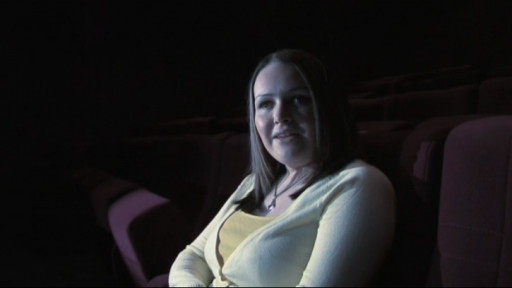
ADR | Alia Pathan | UK 2009 | hd | 2 min
In ADR (Automatic Dialogue Replacement) a blind woman sitting in a cinema describes the making of a film. Attention is drawn to the means of producing audio-described films for the partially sighted and ambiguity lingers over the authority of the participants: artist, cast and audio descriptor.
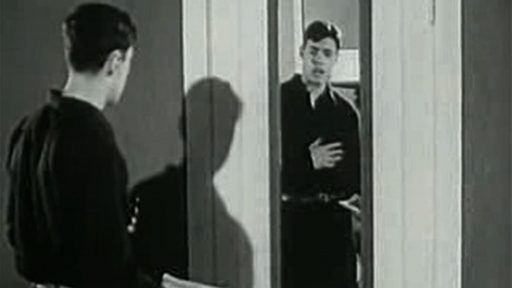
Anthony | Katy Woods | UK 2011 | Digital video | 6 min
Anthony is part of Woods’ ongoing series of films that focus on young people with a talent or innate natural ability that is recognised and grown into a professional career. The film looks at the experiences of a successful Astrophysicist, a gifted but unusual child who had a difficult adolescence.
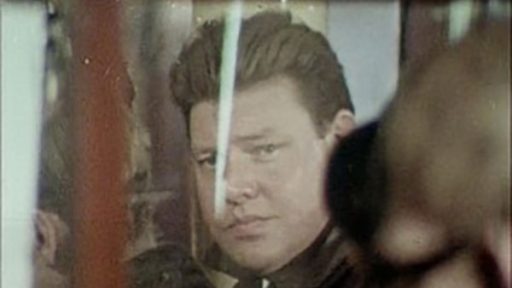
The Unfortunates | B.S. Johnson | 1969 | 16mm | 15 min
Experimental novelist BS Johnson’s short film about the conception and writing of his loose-leaf novel of the same name. The Unfortunates sees Johnson travelling to a city to report on a football match, only to find his memories are stirred having regularly visited a close friend there who had recently died. Johnson’s favoured actor William Hoyland provides an aggressive reading of extracts from the novel which becomes a furious rant against the cruel randomness of cancer.
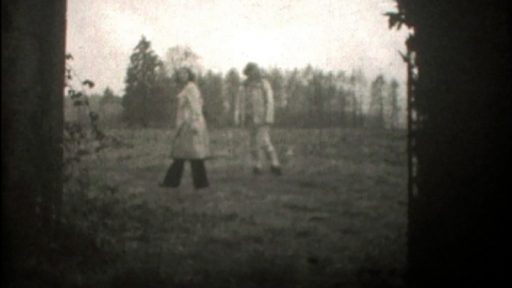
Walk (in progress) | Emily Wilczek | UK 2007 | Super 8mm | 2 min
The film documents four people on a walk in the French countryside, shot on out-of-date black and white filmstock with the audio captured separately. Control of the camera is shared between the walkers. The sound and image are edited in sync, with periods of black when the camera isn’t running. Depending on the proximity of the camera operator to “the filmmaker” the mechanised whirr of the camera may be audible.
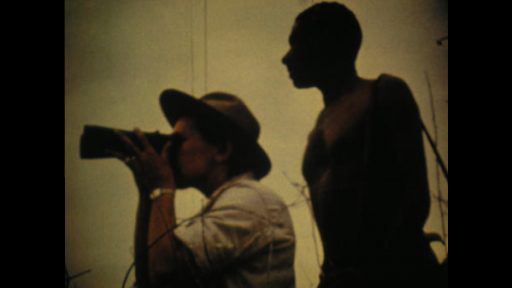
Unsere Afrikareise | Peter Kubelka | Austria 1966 | 16mm | 12 min
“In 1961 Peter Kubelka was asked to make a documentary about a group of Europeans on an African hunting trip. He accompanied them, recorded many hours of film and sound, and then spent five years editing this material into a most unconventional film. The result, Unsere Afrikareise, is one of the most densely packed 12½ minutes in film history, and makes truly extraordinary use of the creative possibilities of sound. ” – Fred Camper
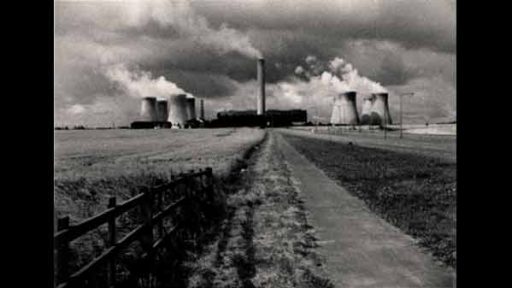
Valtos Or The Veil | Patrick Keiller | UK 1986 | 16mm | 11 min
Valtos is a story told from thirty years hence, in the last moments of its narrator, who awoke one day in 1987 ‘with the knowledge that I had been duplicated during the night, and that I was an inferior replica of myself’. There follows a relentless, epic, pursuit of an absconding phantom – his ‘original’ – which ends in catastrophe at Valtos, a place at once ethereal and terrifying.
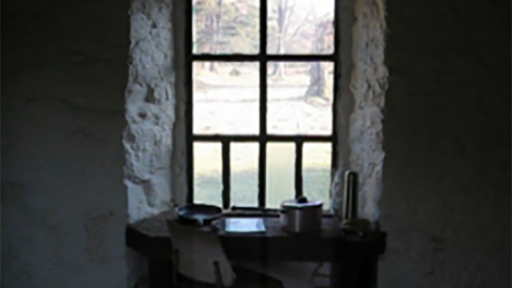
Field Trip | Ian Nesbitt | UK 2010 | Video | 1 min
An afternoon study of a remote meadow in the Highlands, combining shots from five positions circumnavigating a ruined croft, and from the croft itself. Broken down into single frame shifts of perspective, the film attempts a new vantage point between the existing images.
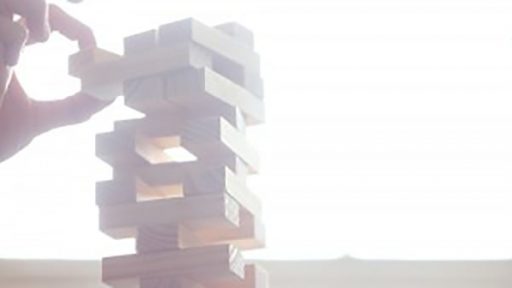
Particulate Matter | Yelena Popova | UK 2012 | HD | 8 min
Yelena Popova’s video-essays are concerned with creating perceptibility for underlying concepts which govern our understanding of history and influence the way we organize our present society. Past, present and improbable future come together in this video, raising complex moral questions about the lack of independent trade unions in China, the nature of progress and environmental issues linked to climate change and economic expansion.

The New Golden Bridge V (One Way) | Huw Andrews | UK 2012 | HD | 6 min
Audio track recorded live from a ferry cabin’s radio, a single take concluding with a separate sea recording. Visuals open to green algae in China, continue with a migrant couple’s journey (artist included) and close with woman divers in Korea. Combined with the rumbling ferry and variation of broadcasts, plus a mixture of optimistic and impassive visuals, the video feels like it should build to a point but it simply captures a journey.
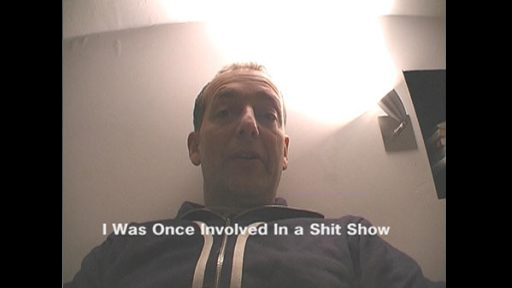
I Was Once Involved in a Shit Show | George Barber | UK 2003 | Video | 8 min
A comic monologue, I Was Once Involved in a Shit Show is a recollection of an imaginary art event that tallies with what most artists experience when they are involved in putting on an unfunded group show.